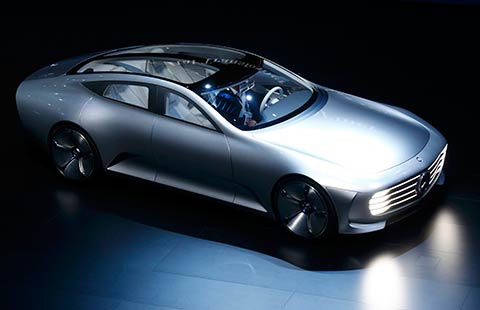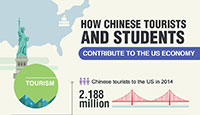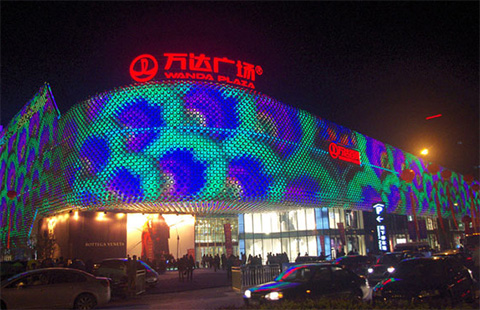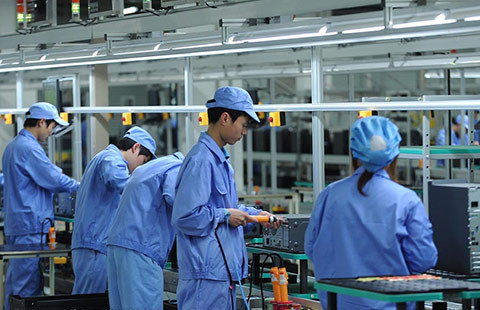Bosch aims to lead China's vehicle changes
By Hao Yan (China Daily) Updated: 2015-09-21 09:47Bosch is currently running 100 pilot projects worldwide relating to Industry 4.0, including one in China at its automotive electronics plant in Suzhou, Jiangsu province. The sensor-testing center was designed to follow Industry 4.0 principles from its initial design. One of its features is an autonomous material supply system. Based on real-time consumption data, material is loaded from the vertical storage system and delivered to the shop floor automatically.
Tyroller said: "This allows a machine's performance to be predicted and the proper maintenance work to be carried out at the right time. The success we have had in Suzhou means that Bosch will gradually roll out Industry 4.0 to other plants in China in the future to save costs and increase productivity."
Roland Berger Strategy Consultants said in February in a report that the convergence of connected, shared, automated vehicles will result in a new reality that is more about how people are moved than what moves them.
The Roland Berger report said through a survey that Chinese gave positive responses and strong interest in automated driving technology, even when compared to the United States and Europe.
China could be one of the leading markets for the automotive 4.0 plan, as the country has mandated that at least 30 percent of government vehicles be electric by 2016 to combat pollution and reduce energy usage, according to the report.
- Concept cars dazzling at Frankfurt motor show
- Alibaba share price at crossroad as its $105b lockup ends
- Didi Kuaidi signs deal with Lenovo in drive to target corporate clients
- Thailand seeks deeper cooperation with China through Maritime Silk Road
- JD.com signs deal with Guizhou to develop e-commerce in rural areas
- China's reforms 'suitable' to spur economic growth: Argentine economist
- AIIB vows to engage private sector across world in Asia's infrastructure investment
- Local firm seeks foreign clients at China-ASEAN Expo
















